Château Margaux
Five forward-looking centuries
1500-2024
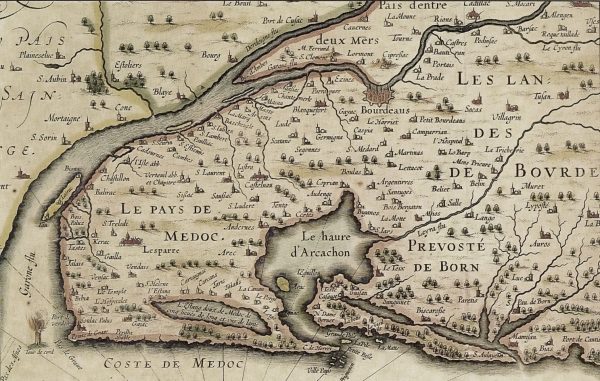
16th
Birth of the Estate
It’s difficult to summarise in a few lines, the long and passionate history of the estate, it could be entitled “Once upon a time Château Margaux”.
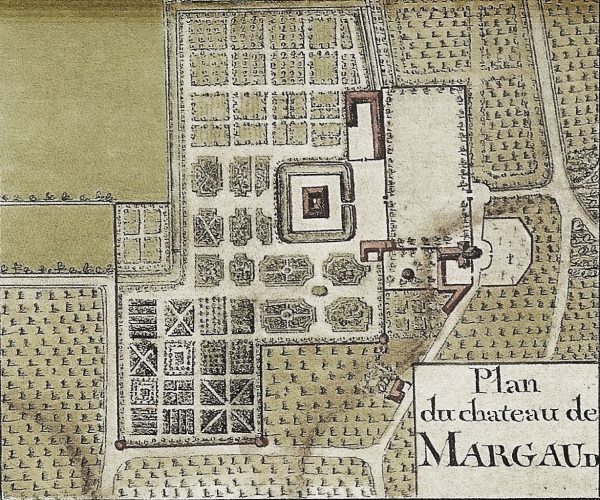
17th
Berlon
Through the generations and through the centuries, the skillfulness of one and the innovations of others, progressively made Château Margaux into a wine of excellence; we only have to remember the progress made by Steward Berlon at the very beginning of the XVIII century.
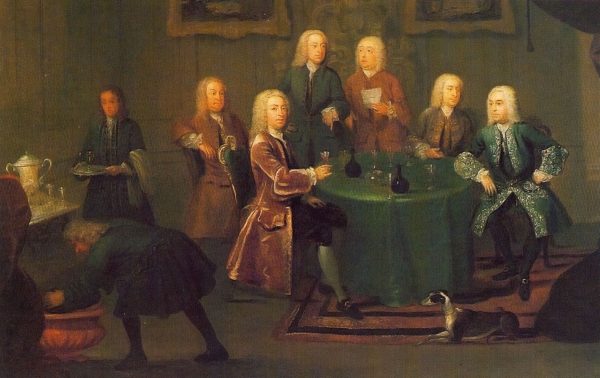
18th
The Golden Century
In 1705, the London Gazette advertised the first auction of the Bordeaux first growths: 230 barrels of “Margose” ! The 1771 vintage was the first “claret” to appear in a Christie’s catalogue.
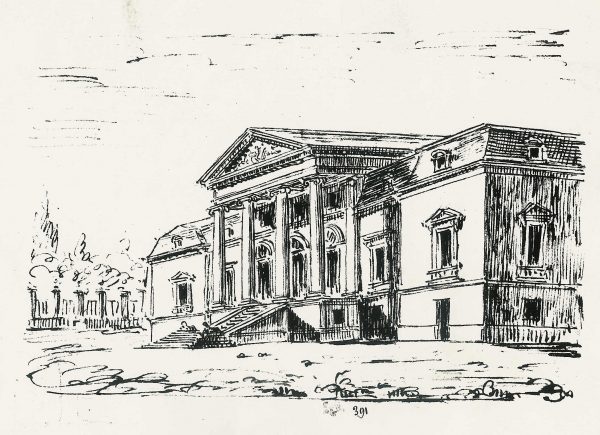
1801
The Marquis de la Colonilla
Bertrand Douat, Marquis de la Colonilla, acquired the estate and judged the manor house not to be worthy of the renown of his vineyard. In its place, he built the property that we so appreciate today.
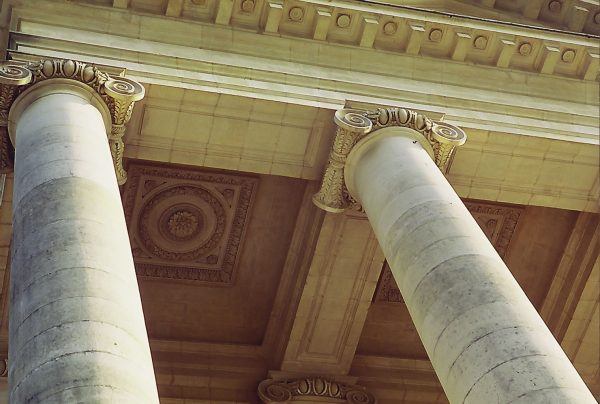
1815
The "Versailles" of the Médoc
For the building of the château, La Colonilla approached Louis Combes, a fashionable Bordeaux architect. At Margaux, Combes realised his work of art. Often nicknamed the “Versailles of the Médoc” the château is a rare example of the neo-palladian style in France.
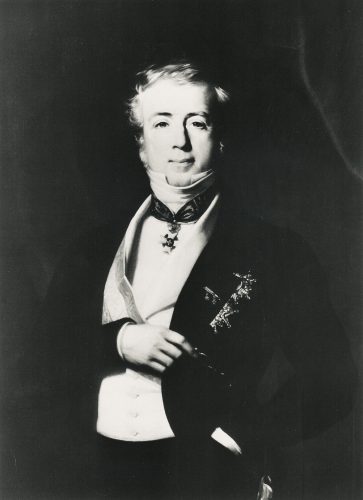
1830
Alexandre Aguado
The Colonilla children were not interested in the estate and sold it to Alexandre Aguado. Alexandre Aguado is the first banker to acquire a large Bordeaux château. His fortune is already immense and Château Margaux does not represent a way for him to increase it but rather an elegant and pleasant property to live in.
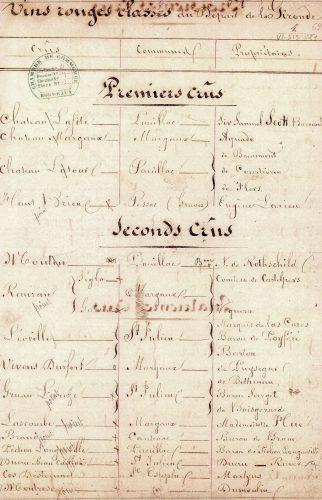
1855
The official classification
Empereur Napoléon III paid an important service to the great red wines of the Médoc by organising in Paris, in 1855, the Second Universal Exhibition. It was an occasion for him to glorify French products, among which were the prestigious Médoc wines.
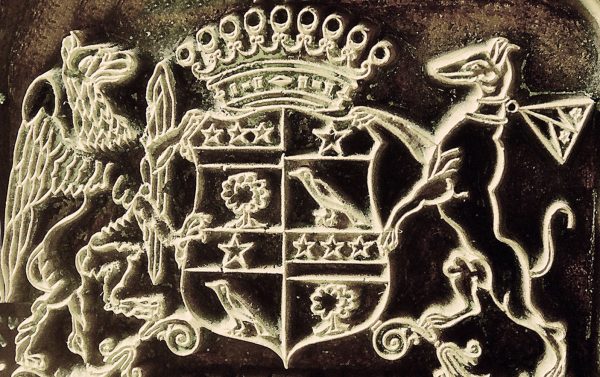
1879
Count Pillet-Will
In 1879, Emily Macdonnel, Scottish lady in waiting to Empress Eugenie and wife of Aguado’s son, sold the château to Count Pillet-Will. It was a difficult period for the Médoc, which was almost simultaneously struck by a great world recession and the incidence of cryptogamic soil diseases.
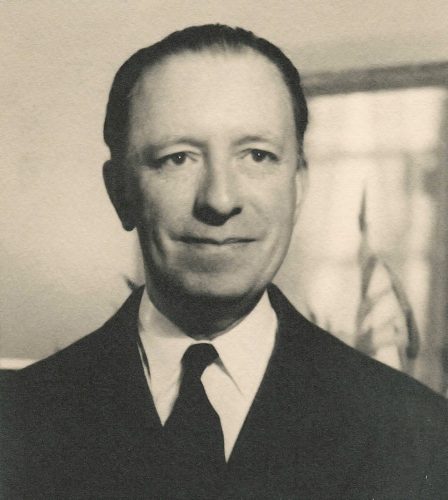
1950
The Ginestet family
Fernand Ginestet and his son Pierre came on the scene. Fernand had made his fortune in wine trading. It was one of his friends, the Mayor of Saigon, and a wine importer who sent him the funds necessary to buy the estate. The Ginestet family acquired the whole property in about 1950.
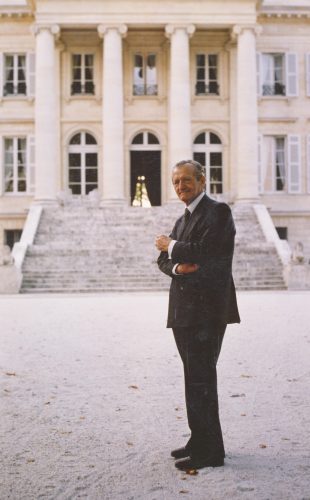
1977
André Mentzelopoulos : "a Hellene in the Médoc"
It was in 1977 that André Mentzelopoulos bought the property. The ionic columns that adorn the peristyle of the château reminded him of his native Greece and enabled him to grasp, thanks to his formidable intellectual acuity, the great volume of work required to bring Margaux back to first place, the only place that it was worthy of.
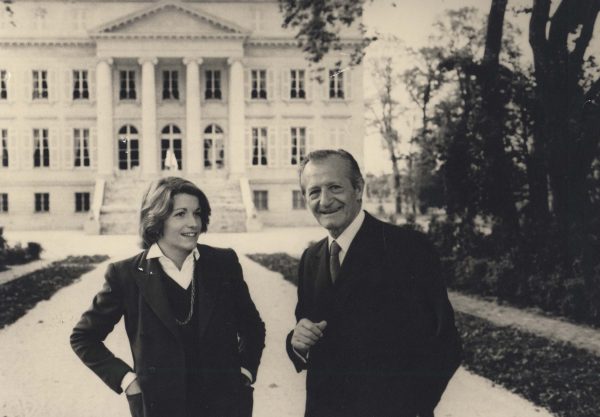
1980
Corinne Mentzelopoulos : in her father's footsteps
The wine world that was so alarmed by the arrival of a “Hellene in the Médoc”, redoubled its concerns on the death of André Mentzelopoulos. This paradox is explained in reality by the fact that André Mentzelopoulos had convinced even the most pessimistic doubters by his energy and clear vision that, put into the service of his passion for Château Margaux, had, with almost spectacular speed, re-established the quality of the wine and the reputation of the estate.
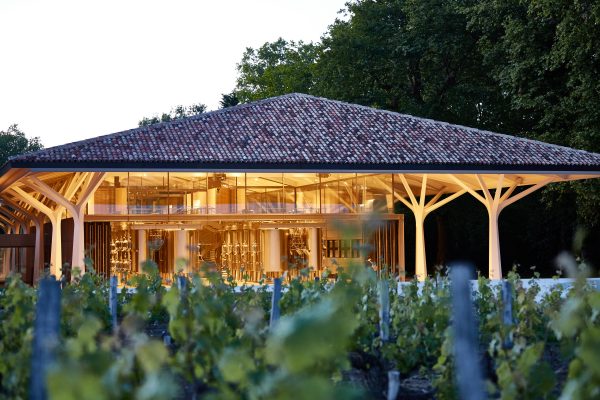
2015
Two centuries of architecture in tribute to a great wine
Château Margaux’s history and renown stem equally from the intrinsic genius of the place as from the contributions made by the various people who have served it for five centuries.
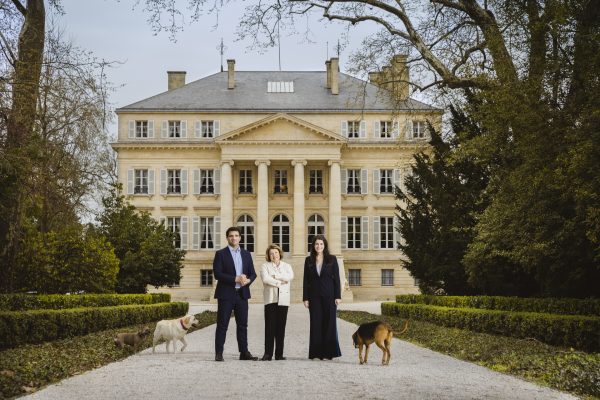
21st
Today
At the beginning of the XXI century, Bordeaux wines are experiencing unprecedented success. The whole world seems to have their eyes riveted on Bordeaux, where the demand for these great wines never stops growing. This prosperity, as well as the rapid expansion of other regions in the world, has placed Château Margaux in a more competitive climate, and also allowed the underlining of its unique position: that of a First Growth classified in 1855, enjoying a terroir that has been shaped by the passing centuries.
2023 marks a new era with a generational change within the Mentzelopoulos family.
Corinne hands over the reins to her children and appoints Alexis as CEO of the Estate. As for her daughter Alexandra, she becomes President of the Supervisory Board of the holding company.